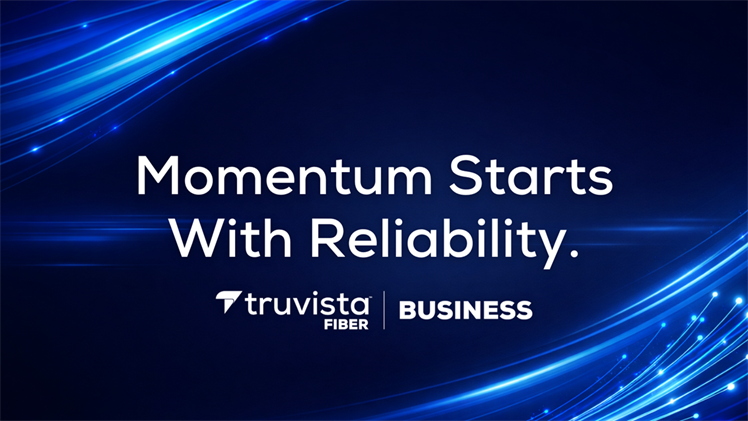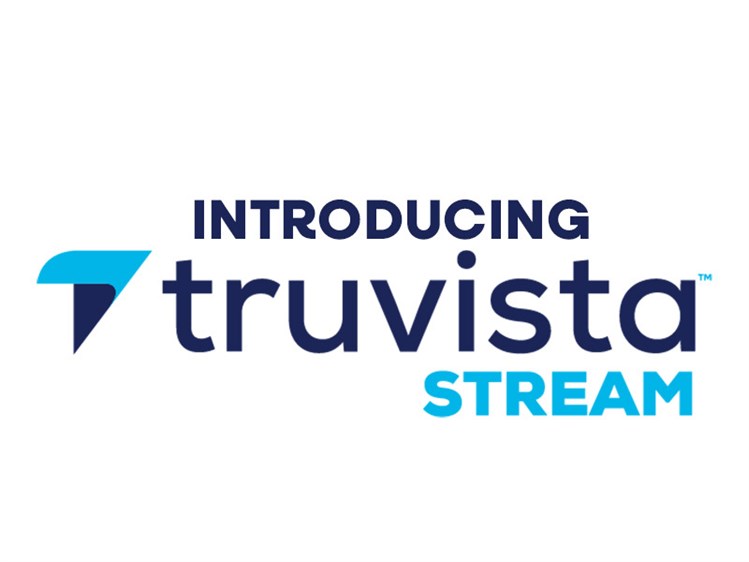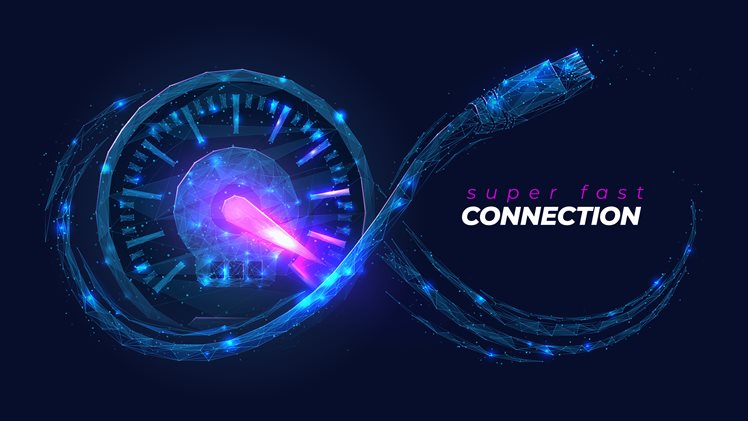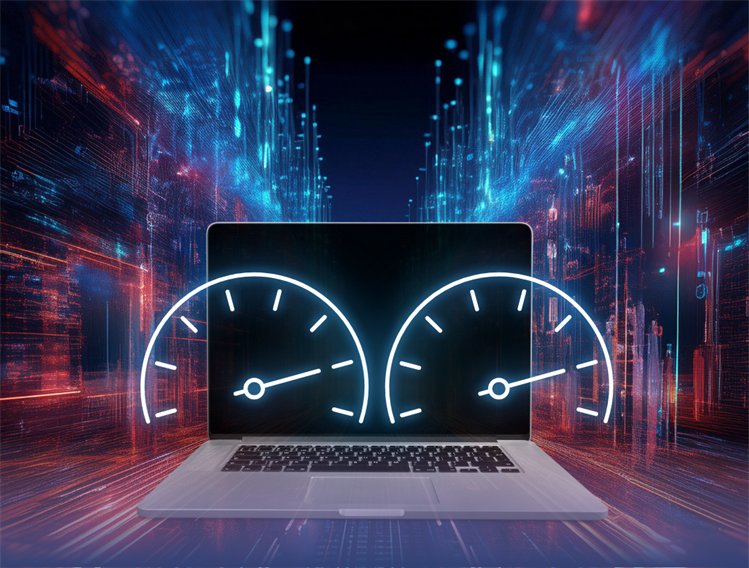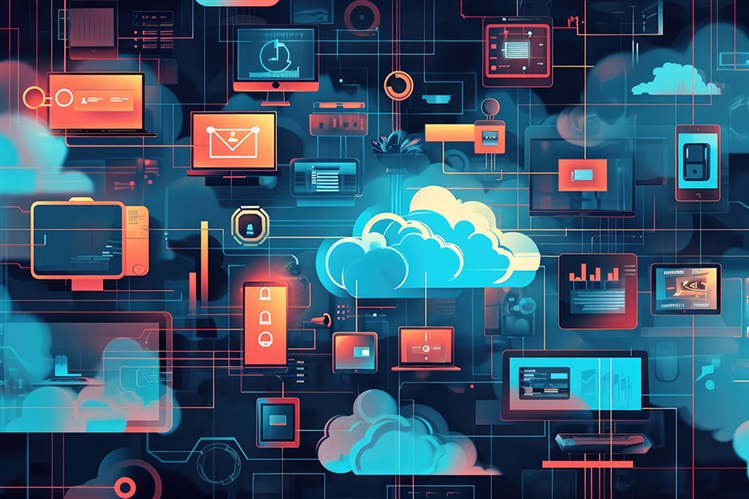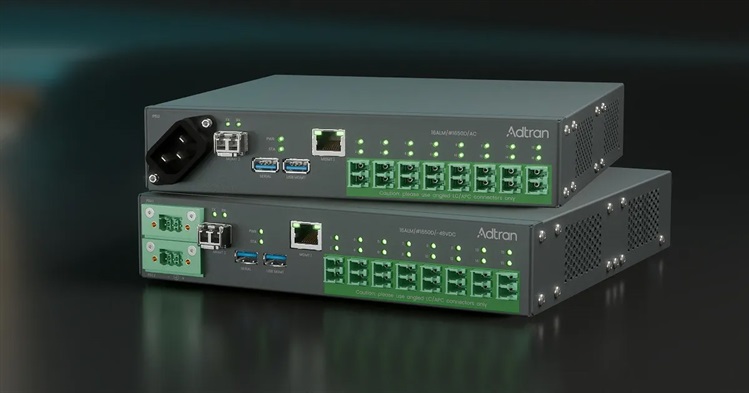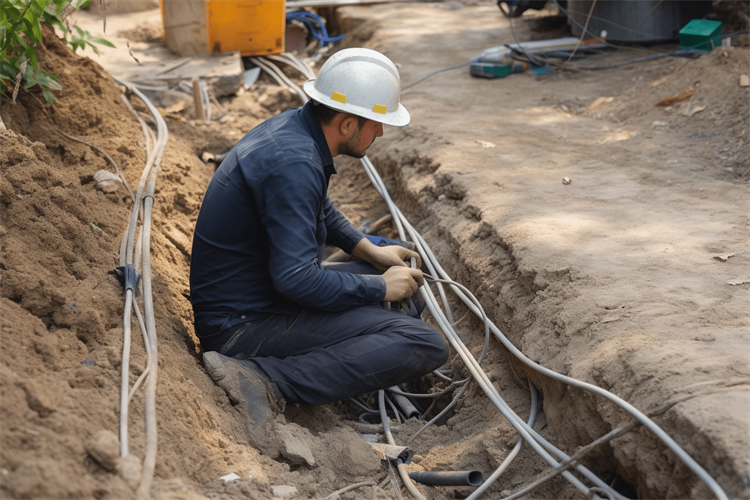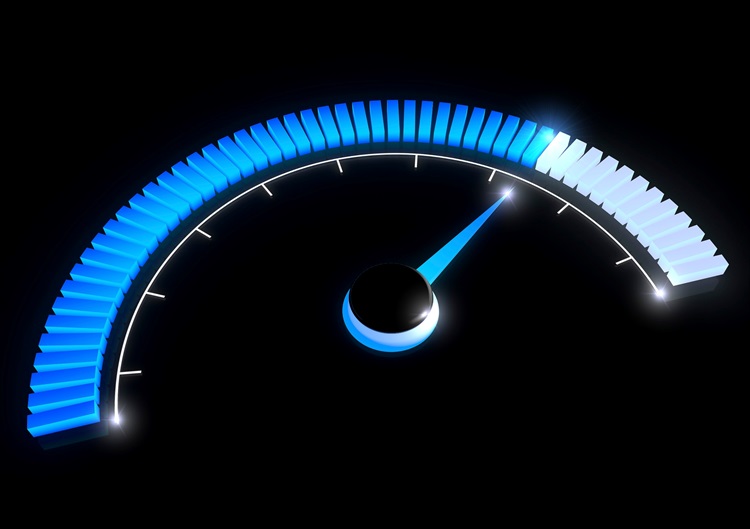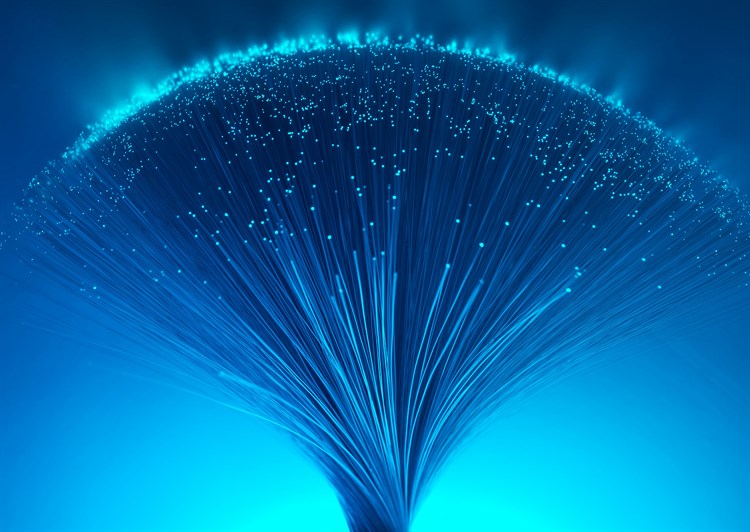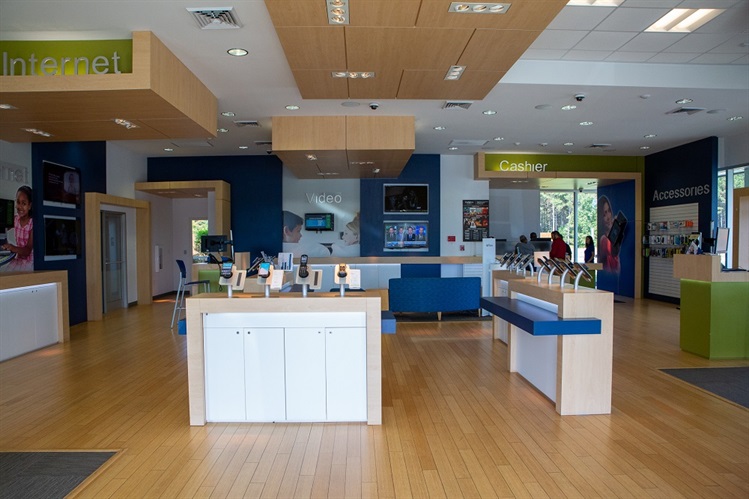
Featured
Building Stronger Connections: How Truvista is Powering L...
As spring breathes new life into our communities, businesses across South Carolina and Georgia are preparing for a season of growth, opportunity, and connection. At Truvista, we believe strong businesses are built on strong networks—and we’re proud to provide ...
Internet
Poadcast_Audio_Play_Buttons As spring breathes new life into our communities, businesses across South Carolina and Georgia are preparing for a season of growth, opportunity, and connection. At Truvista we believe strong businesses are built on strong networks—and we’re proud to provide the infrastructure that helps local enterprises thrive.This April, as part of our “Truly Local” Spotlight Series, we’re featuring Bowen & Watson, a trusted name in commercial construction throughout the Southeast. From coordinating large-scale projects to ensuring field teams and office staff stay synced in real-time, dependable fiber connectivity is essential to their success. That’s why they’ve partnered with Truvista for fast, secure internet that delivers—day in and day out.The Technology Businesses Need, Backed by Local SupportWhether you’re managing projects like Bowen & Watson or running a small office, one thing is clear: today’s businesses need more than just internet access. They need a full-service communications partner.TruVista’s Business Solutions are built for performance, flexibility, and peace of mind, offering:Symmetrical Fiber Internet – Uploads as fast as downloads, perfect for large file transfers, video conferencing, and cloud-based platforms.Managed Wi-Fi – Enterprise-grade coverage with smart network management tools and full IT support.Hosted Voice Services – Scalable VoIP systems to support seamless internal and external communication.24/7 Local Support – Real people, based right here in your community, always ready to help.Custom Solutions – Tailored packages to fit your business’s unique needs, whether you’re a small team or a multi-location operation.Why Choose TruVista?We’re not just a provider—we’re your neighbors. That means faster response times, flexible solutions, and a team that genuinely cares about your success. From the moment we connect your business, our focus stays on helping you grow, compete, and lead in your industry.This spring, let’s continue to build strong, connected communities by supporting the businesses that make South Carolina such a great place to live and work.Ready to elevate your business with fiber-fast connectivity and local service you can count on? Visit www.TruVista.net/Business to explore our full suite of solutions and connect with a local rep.




